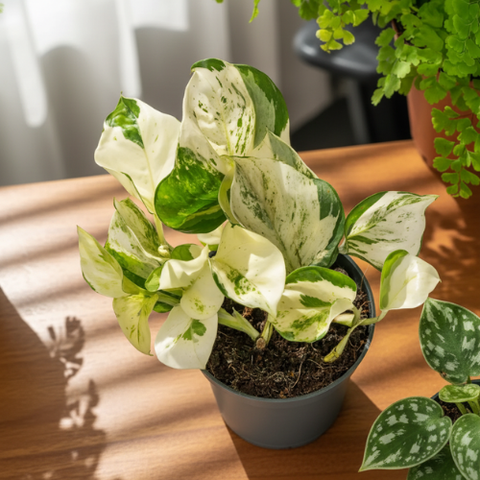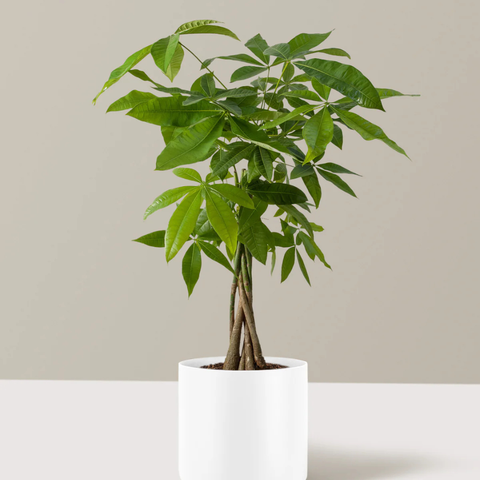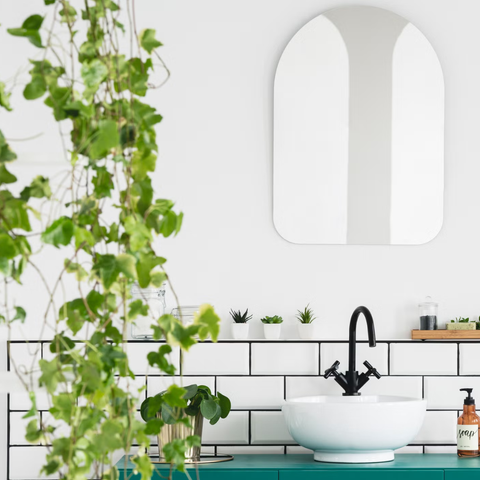Unlike the common golden pothos or marble queen you'll find everywhere, Manjula pothos (Epipremnum aureum 'Manjula') features broad, heart-shaped leaves with swirled patterns of white, cream, silver, and green. Each leaf is unique—like having original artwork growing in your home.
Quick Manjula Identification: • Wider leaves with wavy, ruffled edges • White and cream variegation that appears painted on, not marbled • Slower growth than golden pothos due to less chlorophyll • More compact growth habit perfect for smaller spaces • No two leaves look identical
Light Requirements: The Secret to Maximum Variegation
Manjula pothos needs more light than regular pothos to maintain its stunning variegation, but direct sun will scorch those white portions instantly.
The Sweet Spot:
- East-facing windows are ideal—bright morning light without harsh afternoon sun
- 6-8 feet from south-facing windows during intense summer months
- Supplement with grow lights during shorter winter days
- Rotate weekly to prevent lopsided growth
Pro Tip: If your Manjula starts producing solid green leaves, it needs more light immediately. The white sections can't photosynthesize, so the plant reverts to green to survive in low light.
Watering
The #1 killer of Manjula pothos? Overwatering. This variety is particularly susceptible to root rot, especially in those beautiful white sections.
- Check soil moisture by inserting finger 2-3 inches deep—only water when dry
- Water thoroughly until it drains from the bottom, then wait until dry again
- Use filtered or rainwater if you notice brown leaf edges from mineral buildup
- Reduce watering in winter when growth slows (every 2-3 weeks vs. weekly in summer)
- Never water on schedule—always check soil first
Humidity
Manjula pothos prefers 50-60% humidity but adapts to average home conditions. Low humidity causes brown edges on the white variegation.
Soil and Fertilizing for Stunning Variegation
Perfect Potting Mix: • two parts quality potting soil • 1 part perlite for drainage • 1 part orchid bark for aeration
Fertilizing Schedule: • Feed monthly, spring through summer, with diluted liquid fertilizer (1/4 strength) • Skip fertilizer in fall and winter • Too much fertilizer can reduce variegation—less is more with Manjula
Why Manjula Pothos is Perfect for Any Plant Parent
This stunning variety offers an exotic appearance with easy-care requirements. Once you understand its slightly higher light needs, Manjula pothos is as forgiving as any pothos. It tolerates neglect, bounces back from mistakes, and provides year-round beauty.





Comments (0)
There are no comments for this article. Be the first one to leave a message!